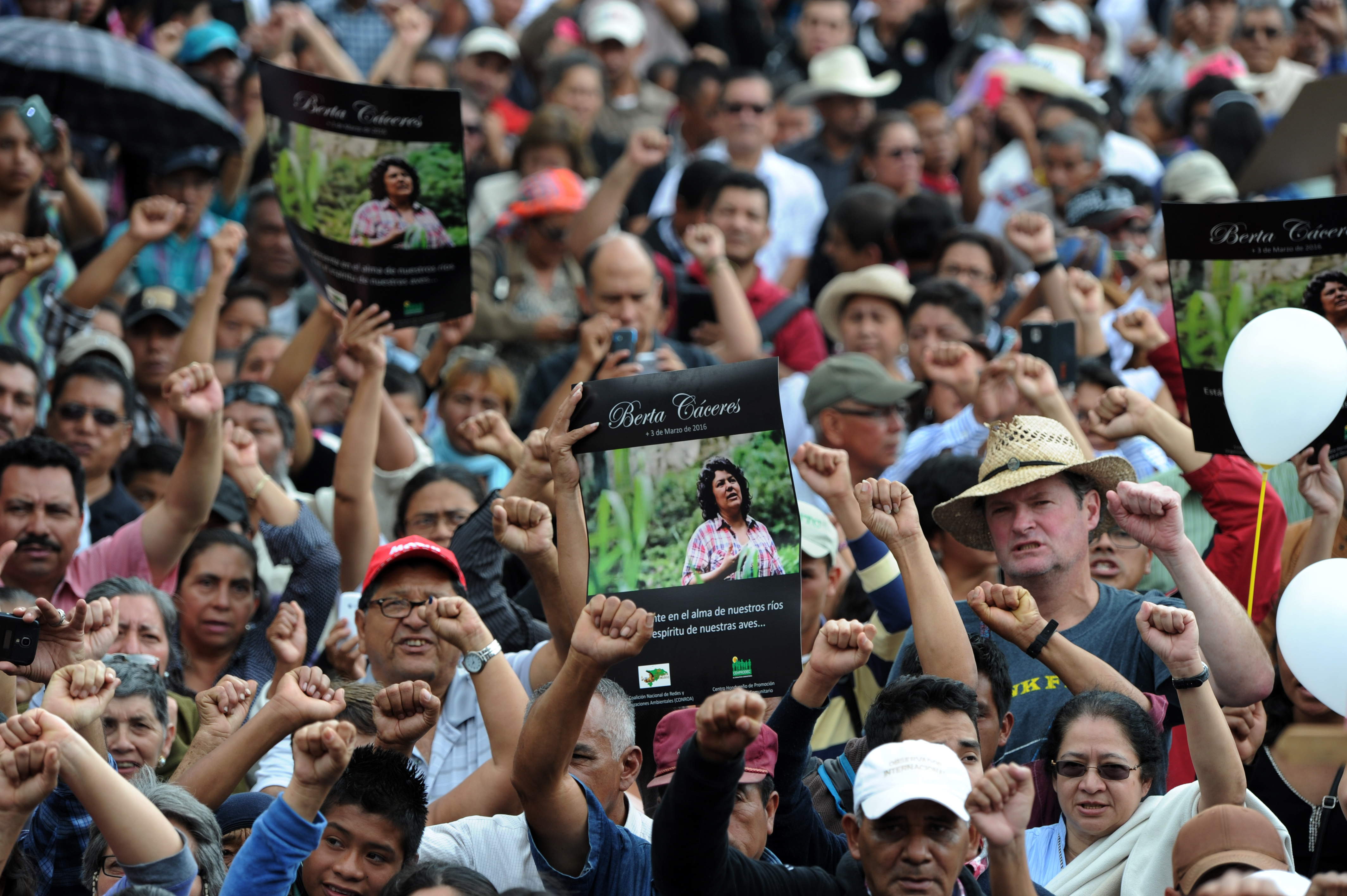By Chip Pitts, Lecturer in Law, Stanford Law School and Oxford University; former Chair, Amnesty International USA
After an eighteen-year, multinational court battle, Chevron was found guilty today in an Ecuadorian court and fined $8 billion for pollution that amounted to an ecological disaster and seriously harmed the human rights of the indigenous inhabitants in a small and sensitive part of the rainforest.
Before human rights, environmental, and corporate accountability advocates celebrate too quickly, however, they should be aware that the litigation – already so reminiscent of Dickens’ Bleak House – is likely to go on for some time yet.
Background to the Case
The heart of the claim – about which you can read much more at the website of the Business and Human Rights Resource Centre — is that the oil company Texaco contaminated the land in question over three decades, dumping oil-drilling waste in unlined pits, contaminating the forest and causing illness and death among the local inhabitants. When Chevron acquired Texaco in 2001, the Ecuadorian plaintiffs say, Chevron acceded to responsibility for the harm done. Chevron, in turn, argues that a 1998 agreement Texaco signed with Ecuador limits its liability at the $40 million allegedly spent on cleanup, and that any remaining pollution resulted from subsequent operations by state oil company Petroecuador.
SEE THE REST OF THIS POST



